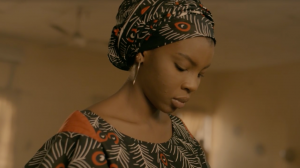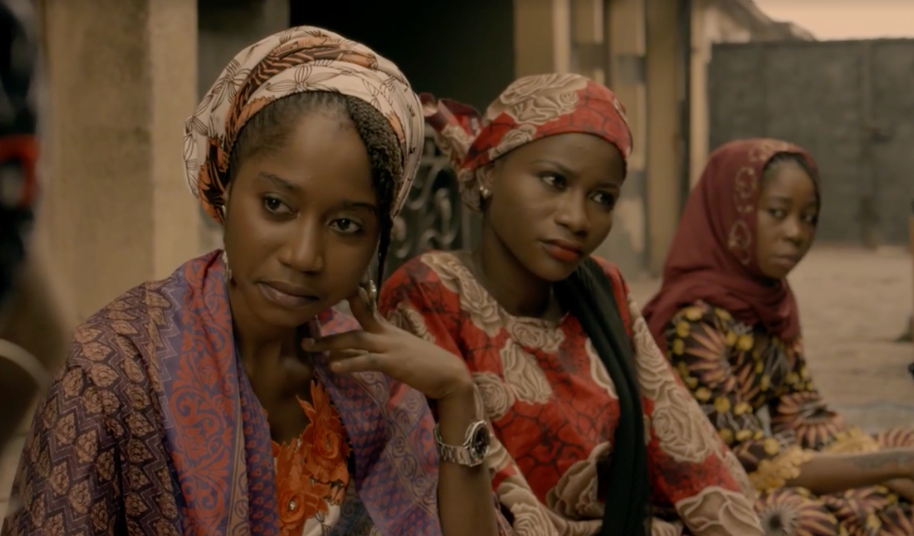
I read a story recently about someone who got married while in university. During the courtship, he had told her all the things she wanted to hear – that she would continue to pursue her education after the wedding and go on to get a good job. When she accepted this proposal and married him, he changed completely. He was not just disinterested in her education, he was actively against it. But – for the stability of my mental health – I like to tell myself that stories like these are one of a kind and that while they are true, they are not as rampant as they seem.
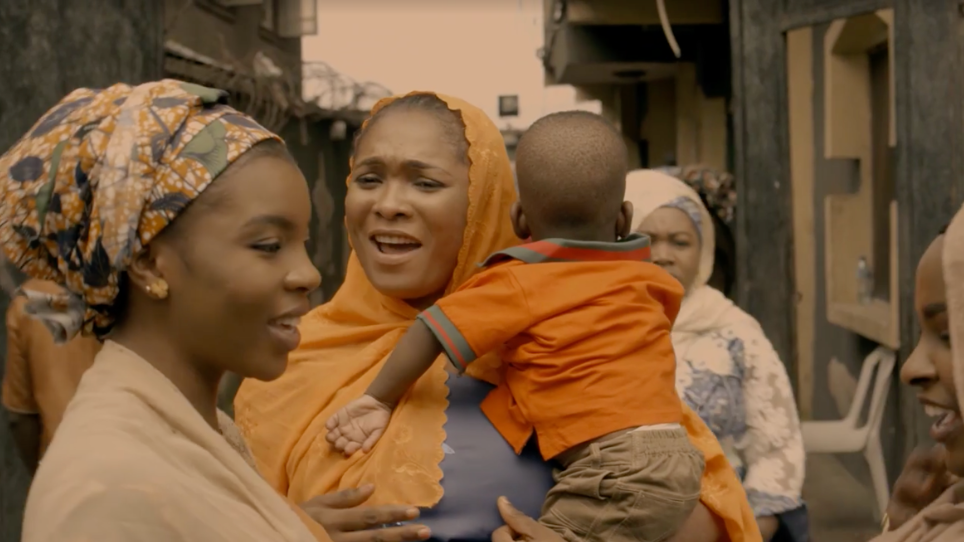
A 2017 report shows that 44 percent of Nigerian girls got married before their 18th birthday, 18 percent of whom were married before they reached 15 years old. The research also discovered that 73 percent of Nigerian women with no formal education were married before the age of 18 and only 9 percent got married after having completed higher education. This data assumes that there is a choice between marriage and education, that it is an either/or situation where a girl is forced to choose. But this is not at all true.

Of all the important lessons MTVShuga Naija teaches us, it teaches us this: one can be married – a mother even – and still pursue her education. In season three, Shuga fam was introduced to Hadiza who had run away from her home and husband in Kano and had moved to Lagos to pursue her education. She was a brilliant student with a certificate of debate in her name, who was determined to not let her marital status stand in the way of her education. In the final episode of the season, she reached a compromise with her husband – who had, by then, found her – and they agreed that she would move back to Kano upon completing her secondary school education. In the next season, her sister Maryam got engaged, but – inspired by Hadiza, she and the fiancé agreed to postpone the wedding until after she finished school. Hadiza, too, reached a compromise with her husband and it was agreed that she would go on to university.
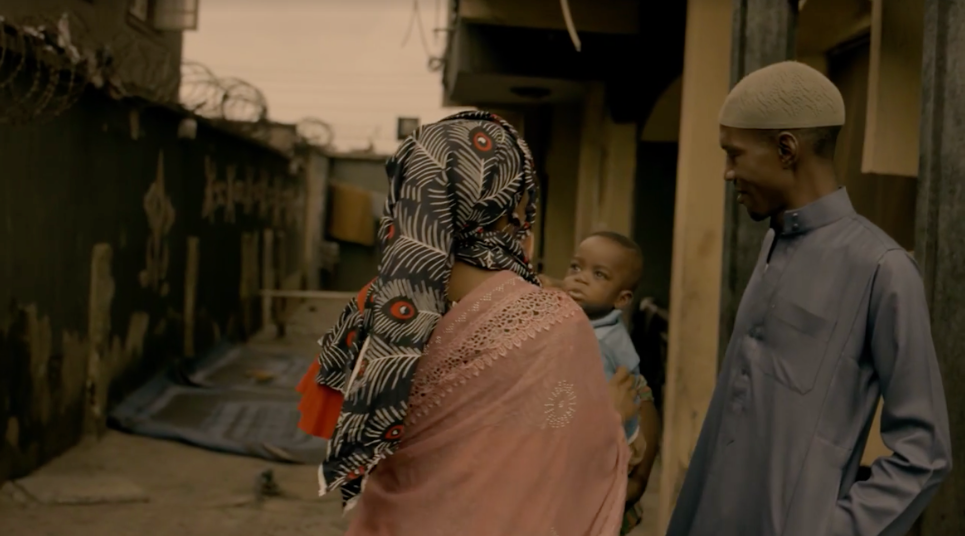
While these are amazing examples of ‘killing two birds with one stone’, some might dismiss them as fictional. But there are real-life examples too. There are several of such women, who are educated and successful outside the realm of marriage. I was at Aké Festival in October 2019 where Amal Hassan, a leading Nigerian technopreneur, spoke about the role her husband played in her success. He encouraged and supported her from her days in university to founding her own company, Outsource Global. Maryam Uwais is another remarkable example. One hears about her dedication to human rights and girl child advocacy – as well as her current status as Special Advisor (SA) to the President on Social Investments – before one hears about her marriage to Honourable Justice Muhammad Uwais. My own mother had three children before attaining her Undergraduate degree from Bayero University Kano and, after birthing six children, she went back to school for a Postgraduate degree from the University of Abuja, Gwagwalada.

What is disturbing, though, is that while this is assumed to be a default choice for women, it does not apply to men. No one tells a man not to pursue a degree because women might find him too intimidating to marry. But I’ve heard of mothers who sing this into their daughters’ ears. I, too, have been told – one too many times – that I must not even think of applying for a PhD until there is a prospective husband at the front door.
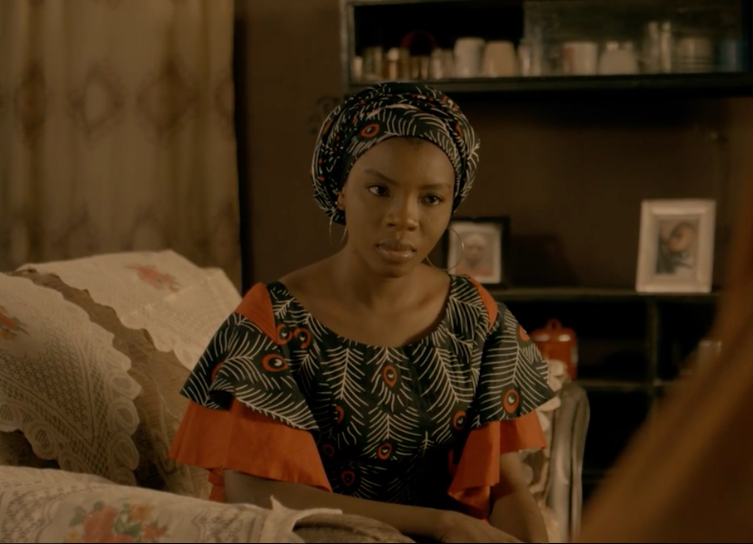
The key to killing two birds with one stone, I think, is marrying an understanding and knowledgeable man – one without an inferiority complex. I like to think that in addition to my mother’s resilience, it was my father’s considerateness that allowed her follow through with her education. As you grow older and come of marriage-able age, you should remember that while marital life sounds promising, your education is just as – or even more – important. You can kill two birds with one stone; one does not have to stand in the way of the other.

